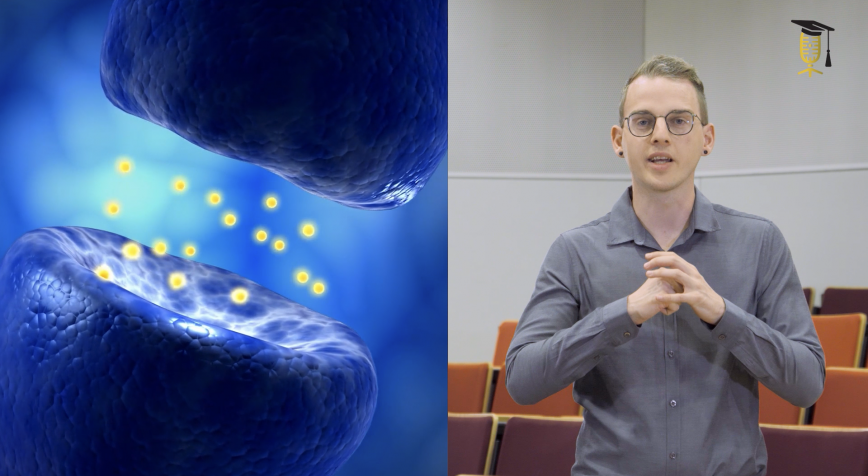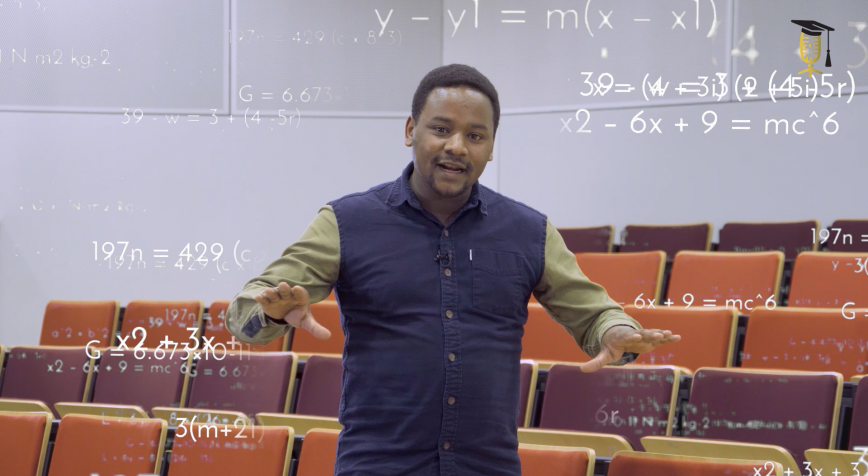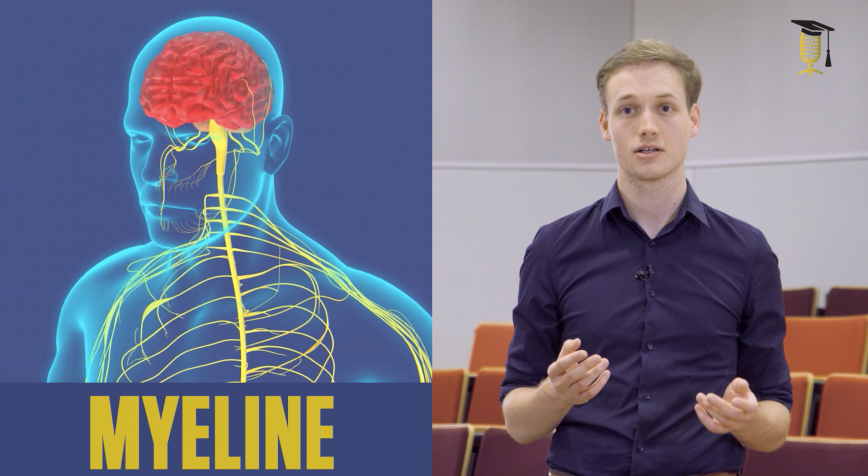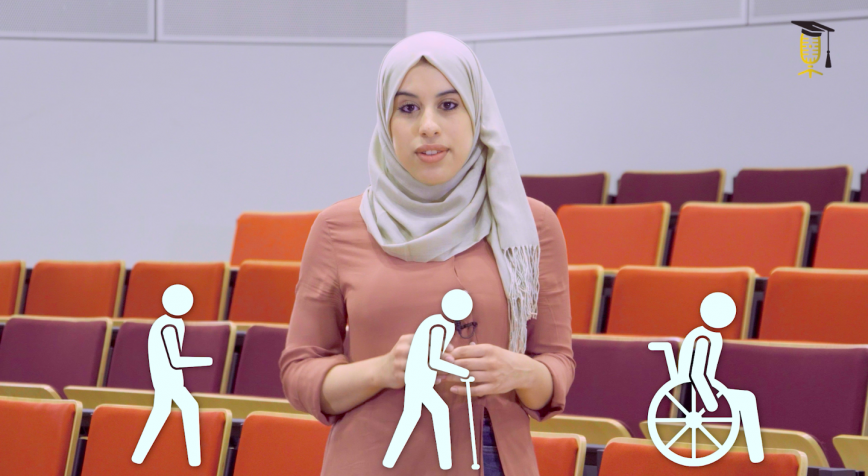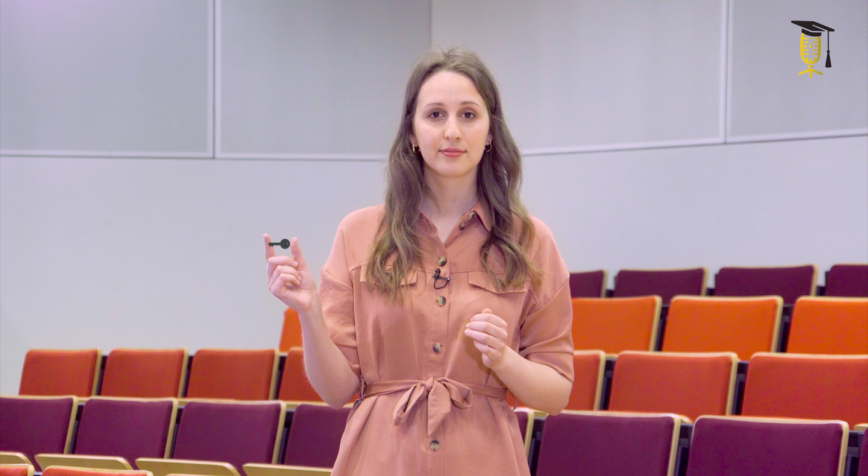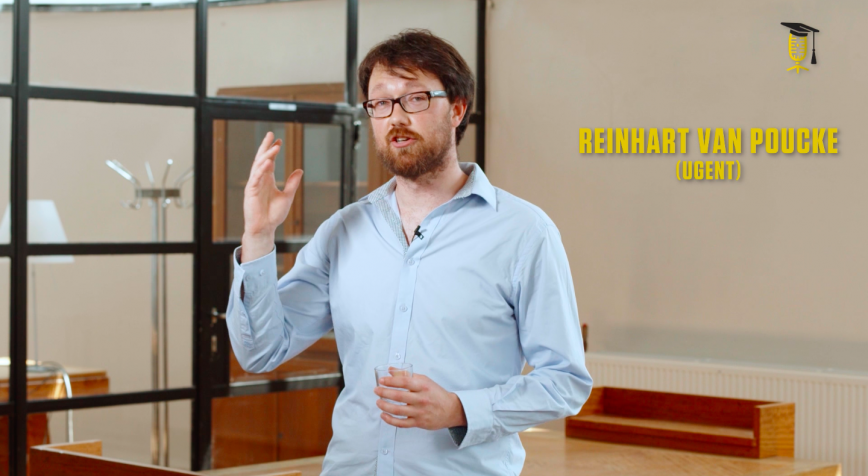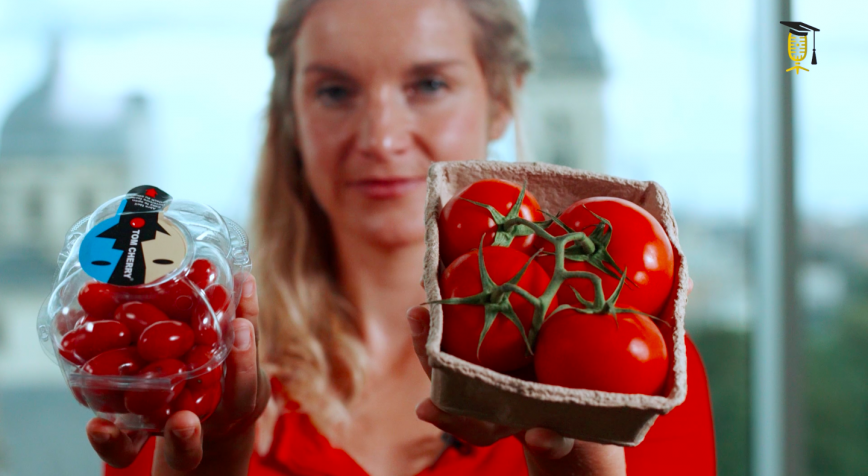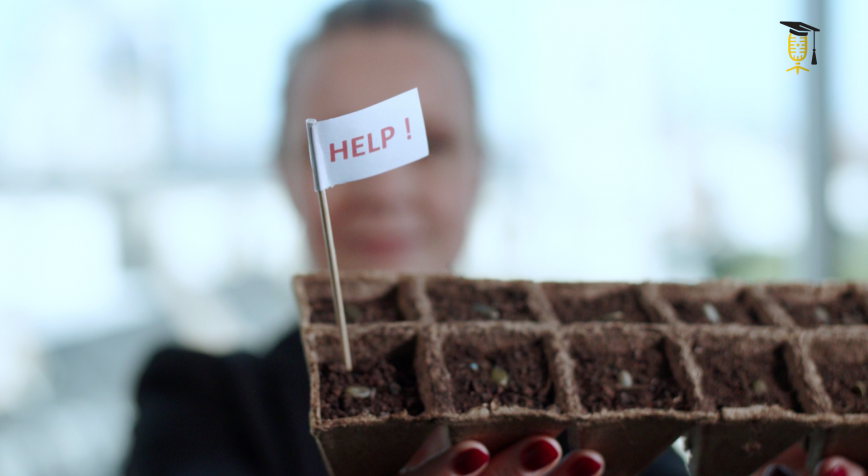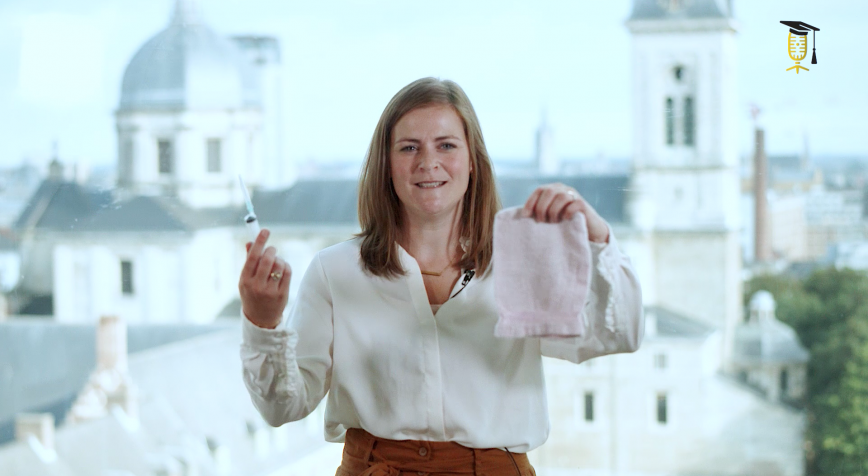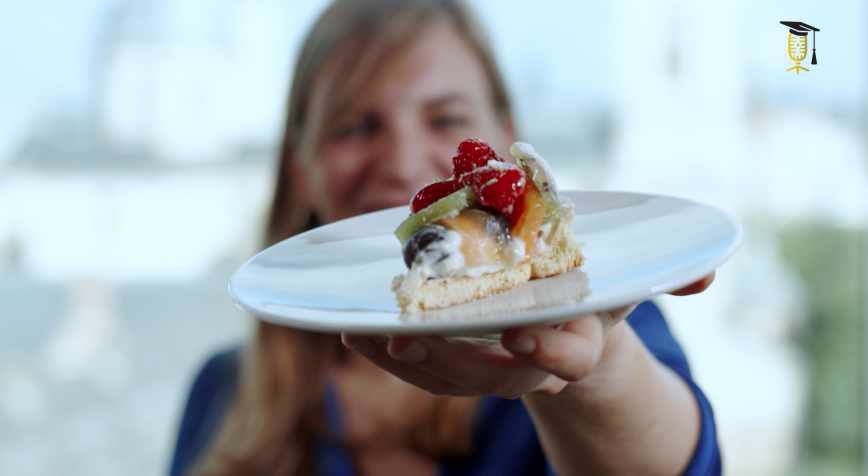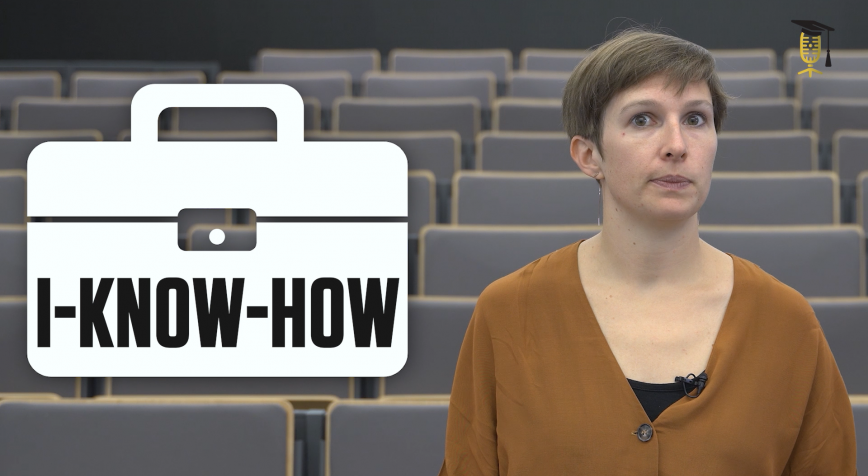
Arteveldehogeschool
Returning to work after a long-term illness 🎗 🏥 💼
In Belgium, every year more than 25,000 people return to work after cancer treatment. Yet there are many employers who do not know how to react in such a situation. Elise Pattyn (Arteveldehogeschool) and her colleagues are working on tools to make the return to work smoother.
